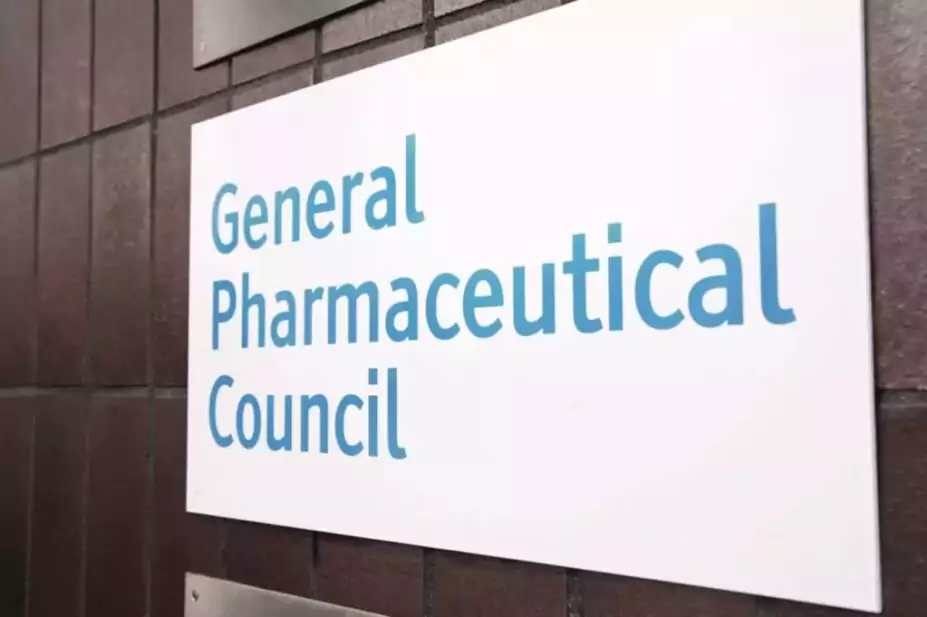
General Pharmaceutical Council
The pharmacy regulator currently has its biggest ever backlog of fitness-to-practise (FtP) cases open at the initial assessment stage, papers distributed to its council show.
The papers — provided for the General Pharmaceutical Council’s (GPhC) Council meeting on 14 September 2023 — show that its current backlog of open initial assessment FtP cases stood at 701, “the highest it has ever been”, the papers said.
Discussed as part of the “key areas for council’s assurance”, the papers added that the “headlines” for the regulator’s FtP performance in the first quarter of the 2023/2024 financial year could be summarised as a “reduction in productivity and timeliness in the earlier stages of the FtP process creating an increase in open cases at initial assessment”.
The papers also said that 35% fewer FtP concerns were triaged in the first quarter of 2023/2024 (846) compared to the previous quarter (1,311), owing to reduced capacity from three vacancies, which have been advertised and were due to be filled during the second quarter of the year.
The number of FtP cases closed at the investigation stage — the second stage of the FtP process — had decreased slightly since a peak in the fourth quarter of the 2022/2023 financial year, from 68 to 66.
The GPhC papers said there was an increase in the number of new FtP concerns received (1,277) during the first quarter of the 2023/2024 financial year — the highest number of concerns received over the past year “by some margin”.
There were particularly high numbers of concerns received in May and June 2023.
“We continue to see an increase in concerns raised by members of the public compared to other groups. This reflects what we have seen in terms of increased pressures on frontline pharmacy coupled with limited resources and pharmacist shortages, as well as instances of supply chain disruption,” the papers said.
“Some pressures have led to issues including unexpected pharmacy closures, as well as delays in patients receiving medication. This has resulted in concerns being raised with us as the regulator, even if they do not always amount to fitness to practise issues, or significant systems failures.”
In September 2022, the GPhC failed to meet standards relating to FtP set by the Professional Standards Authority (PSA) for a fourth year in a row. It did not meet three out of five required standards, relating to the transparency, fairness and timeliness of the FtP process, and the support available for the people involved.
In the review, the PSA acknowledged that the GPhC had completed a “wide-ranging” action plan to address concerns over its FtP process raised previously by the PSA, but said it had “yet to see” evidence that these concerns had been “fully addressed”.
In a statement following the 14 September 2023 council meeting, a spokesperson for the GPhC said: “We are continuing to receive an increasing number of concerns, particularly from members of the public. We have seen a 30% increase this year compared to 2022/2023 and this has had an impact on the timescales for closing concerns.
“The current size, age and complexity of the existing caseload also means it will take time for current cases to make their way through to closure.
“We are continuing to monitor this situation and taking appropriate actions as required. This includes deploying a separate team to investigate new cases and identifying resources from across the GPhC that could be redeployed to support the FtP team. We are also doing more to better understand why these referrals are being made and working with the pharmacy sector to understand the pressures which might be causing the increase in referrals.”


